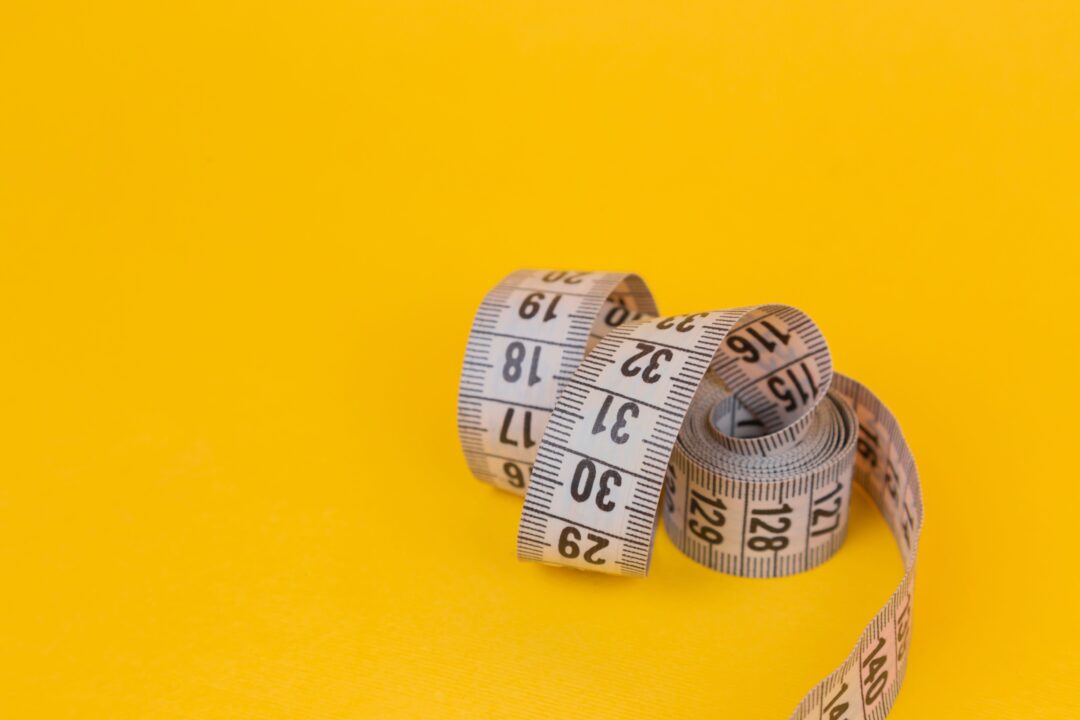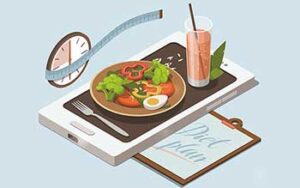Many of us focus on changing what we eat in order to reduce calories, be healthier and lose weight. However, an important part of reducing the components in your diet that can cause weight gain, such as sugar and fat, is by changing what you drink. In this article, we are going to look at the most common drinks and some healthier alternatives to help weight loss.
Weight loss requires a change in behavior. The drinks we choose are often habitual. For example, many of us will wake up and consume a cup of coffee first thing in the morning. You might hit a 3 o’clock low, at work, and choose a sugary fizzy drink to increase your energy and help you make it to the end of the day.
Many drinks are packed full of hidden sugars, although some companies have started offering diet versions. However, as these are filled with sweeteners are they any better for you? Read this article to find out the truth about sweeteners.
The drinks we are going to discuss are:
- Water
- Milk
- Fruit juices
- Flavoured drinks
- Sports drinks
- Energy drinks
Although we would love to discuss tea in this article, we feel it deserves an article all to itself! Coming soon.
Water
You might be thinking that there is no healthier alternative to water, and you would be correct! The problem is when we are thirsty water often isn’t the first thing we reach for. Make sure that around your house and when you are outside the home water is readily available. As we know water is naturally sugar-free and calorie-free. It is the best at quenching first and will reduce the negative side-effects of dehydration.
Some of the early signs of dehydration are headaches, lack of concentration, dry eyes and dry mouth. Your body is excellent at regulating water content, so if you feel thirsty you need water!

Milk
Milk is an excellent source of calcium. Calcium is required for healthy teeth and strong bones; Women are especially vulnerable to being deficient in calcium. When we are discussing milk, we are referring to plain milk either semi-skimmed, skimmed milk, 1% milk or in some cases whole milk. You should limit your intake of milkshakes, milks with added flavour and sugar as these are bad for your teeth and can add unnecessary calories to your diet.
If you would like to decrease the fat in your diet and help weight loss a good choice is semi skimmed, 1% milk or skimmed milk. These milks contain less fat but still provide the calcium, proteins, vitamins and other minerals that whole milk provides. Calcium improves the absorption of vitamin D.
Fruit juices
Fruit juices are very often portrayed as being a healthy option. However this is only true some of time.
Adults should only be consuming one 150ml glass of unsweetened fruit juice, vegetable juice or smoothie per day. This is because sugars in fruit are released when they are juiced or blended making them free sugars. Free sugars can damage your teeth. If possible, you should drink your fruit juice, vegetable juice, or smoothie through a straw and with a meal to help protect your teeth. The sugars found in whole fruit are less likely to cause tooth decay.
When consuming fruit juices, choose 100% fruit juice with no added sugar. 100% fruit juice with no added sugar will still have naturally occurring sugar. It is sometimes difficult to understand the difference between natural sugar, added sugar and free sugars. Read this article to understand more about sugars and their effect on health.
Flavoured drinks (fizzy or still) with added sugar
These drinks tend to contain added sugar and very few nutrients. Drinking these drinks is consuming empty calories as there are no nutritional benefit in these drinks. It will also make weight loss more difficult. It is important to check the label of your product before you purchase it to see how much sugar the drink contains. Consuming too much sugar can contribute to tooth decay, obesity, increased risk of type two diabetes and increased risk of cardiovascular disease.
Instead of picking these drinks, it is best to choose water or milk. Consume the drink through a straw, with a meal or select diet options of these drinks. Diet drinks maintain their sweet taste without added sugar by replacing it with sweeteners. Artificial sweeteners are low-calorie, or calorie-free chemical substances used instead of sugar to sweeten food and drinks. They are found in thousands of products. Some named examples of sweeteners are aspartame, sorbitol, stevia and xylitol. Although there is frequent speculation about the negative side effects of sweeteners this has not been proven. Research has shown that sweeteners do not cause cancer and are safe to consume. To understand more about sweeteners and evaluate the negative press they have received read this article.
Sports drinks
There has been a recent increase in the popularity of sports drinks. Most marketing is aimed towards the general population but the only people who need to consume sports drinks are those who have just completed intense physical activity. Sports drinks are often high in sugar and low in nutrients. If you have completed physical exercise drinking small amounts of water throughout and afterward is the best way to replace any water loss through sweat.
Energy drinks
Energy drinks are similar to sports drinks in that they are high in sugar and lower in nutrients; however, they often also include caffeine. Caffeine should be avoided too close to bedtime as it can prevent you from sleeping. It should also be avoided if you have certain health conditions, limited if you are pregnant and you should not consume more than the safe amount of 400 mg per day. This is equal to around 4 cups of coffee or 10 cans of Coca-Cola or only two energy shot drinks. If you are caffeine sensitive or consume too much caffeine it can lead to nervousness, jitteriness, racing heart, headaches and other negative side effects. Children should never consume energy drinks or be given food or drinks that contain caffeine.
What else can you do to help weight loss?
Finally, the easiest to reduce unnecessary calories, excessive fat and sugar intake and risk of tooth decay is to downsize. If you decide you would like to have a sugary, fizzy drink as a treat, choose a small portion size and drink through a straw and with a meal.
Conclusion
In conclusion, the world of drinks can be challenging to understand. However, there are plenty of options of delicious, tasty, thirst-quenching and healthy drinks on offer. Hopefully, this article will help you avoid those bad choices and help you with your weight loss journey. If in doubt read the nutrition label, if you are unsure how to do this read this article here because being armed with knowledge is the best defence you have against the dangers of hidden sugars and fats in food and drinks.



